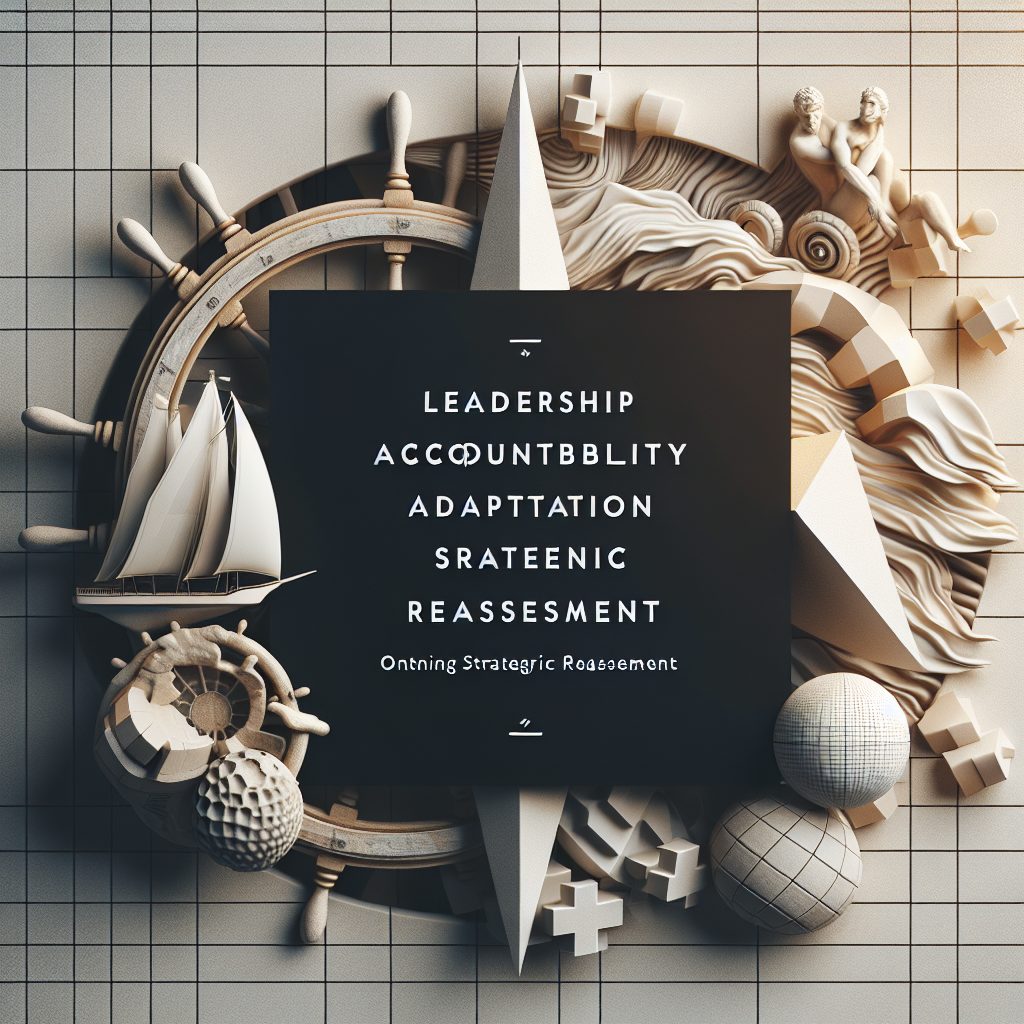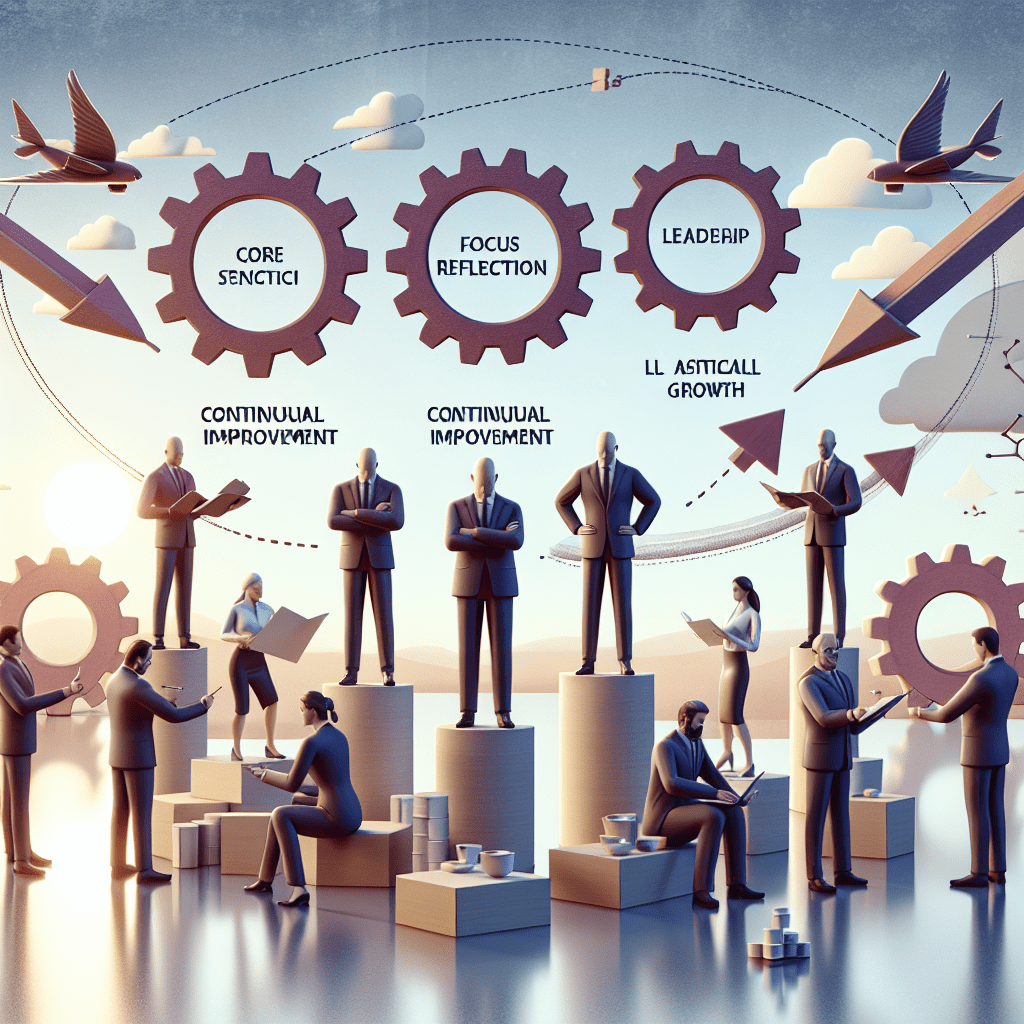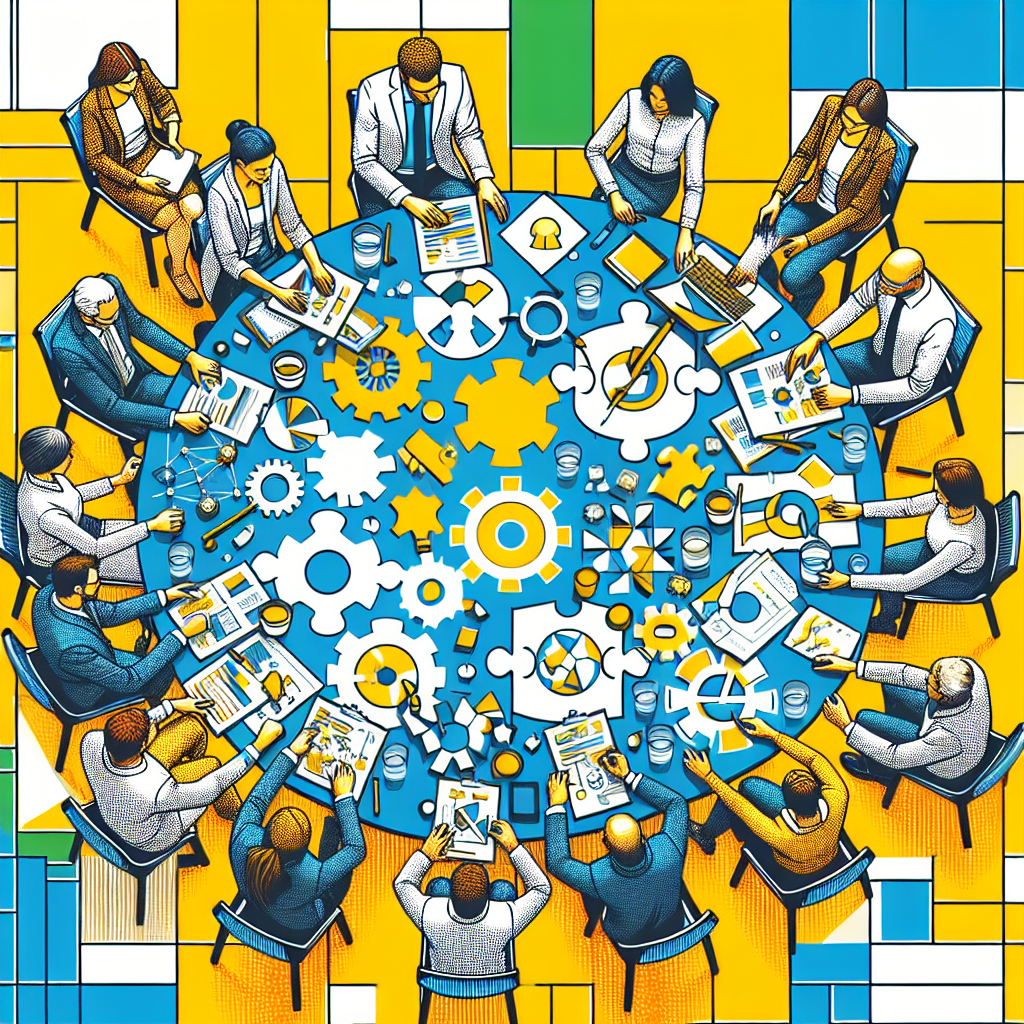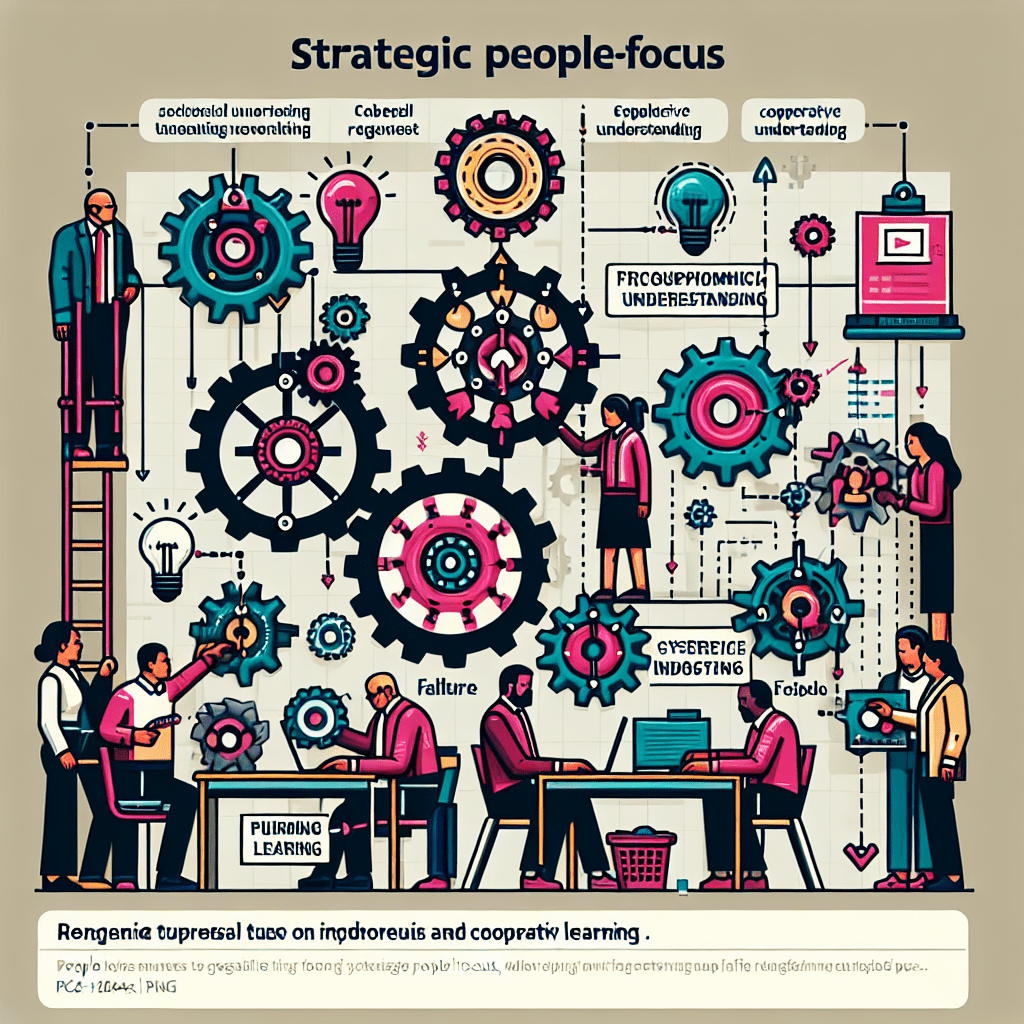
Reflecting on Responsibility: Moving Beyond Blame in AI and Lean Initiatives

Stop Blaming AI and Lean Methodologies – Let’s Take a Good Hard Look in the Mirror
Have you noticed how quick we are to point the finger when things go wrong? Whether it’s AI initiatives failing or Lean projects going belly up, the blame often lands squarely on the technology or the methodology. But here’s a bold thought: maybe the problem isn’t the tools we’re using – maybe the problem is us.
There’s a statistic that keeps popping up, claiming that 95% of AI initiatives flop and around 70% of Lean projects fail. If that many projects are going awry, isn’t it time we ask ourselves why? Is it really all down to flawed algorithms or poor implementation? Or could it be that we, as leaders, are just a tad too eager to chase after the next shiny solution?
Accountability: Own Your Projects
Let’s start with accountability. If something goes wrong with a project, it’s way too easy to hand over the blame. We often think that by simply trusting technology or methodologies, we’re off the hook. But accountability is not something you can pass around like a hot potato; it’s something we need to own.
Imagine a ship with no captain. It may have the latest navigation tools, but if there’s no one at the helm, it’s destined to go off course. Leaders need to see these projects through. We can’t simply hand them off and expect everything to pan out flawlessly. It’s our job to support our teams, adapt when things get tough, and learn from every misstep.
Patience: The Power of Waiting It Out
Next up is patience. We live in an age of instant gratification where results are expected at the snap of a finger. But let’s be real: instant results are a myth. If you want genuine change or meaningful innovation, you have to invest time and effort. This isn’t a sprint; it’s a marathon.
I’ll confess, I’ve fallen into the trap myself. Early on in my career, I started several projects that I thought would be the next best thing. When they didn’t work within the first few weeks, I rushed to scrap them. Looking back, I realise that I was too quick to pull the plug. If I had only given them the breathing room to evolve, they might have transformed into something truly valuable.
Understanding: Embrace Change
And now, let’s talk about understanding. In today’s ever-evolving landscape, it’s crucial for us to adapt and learn instead of readily assigning blame. Change is a constant, and our ability to embrace it sets the stage for success.
When I think about my adventures in business, every setback has been a stepping stone for growth. Each time a project didn’t meet expectations, I learned more about my team, the market, and myself. Those failures became the building blocks for future triumphs. So why not shift our mindset? Instead of lamenting over flops, let’s celebrate the lessons they bring.
Failure: Not the End, But the Beginning
If you really think about it, failure is just part of the journey. It’s the door through which the most valuable lessons enter. But when things go off course, our knee-jerk reaction often leads to looking for a scapegoat. When we do this, we miss out on growth opportunities that are staring us right in the face.
To truly embrace this journey, let’s stop blaming AI and Lean methodologies for our shortcomings. Instead, let’s take a step back and reconsider our approach. Ask yourself: how can I be better? How can I support my team better? What can I learn from this experience?
So, do you agree or disagree? Is it time for a collective shift in our perspective? Let’s create an atmosphere of learning rather than one of blame. After all, our greatest innovations often grow from the ashes of our failures.
What do you think? I’m curious to hear your thoughts on this. Drop a comment below or share your own experiences with AI and Lean.
Let’s reflect on how we can be more accountable and patient. The next time a project goes sideways, ask yourself: what can I learn from this?





